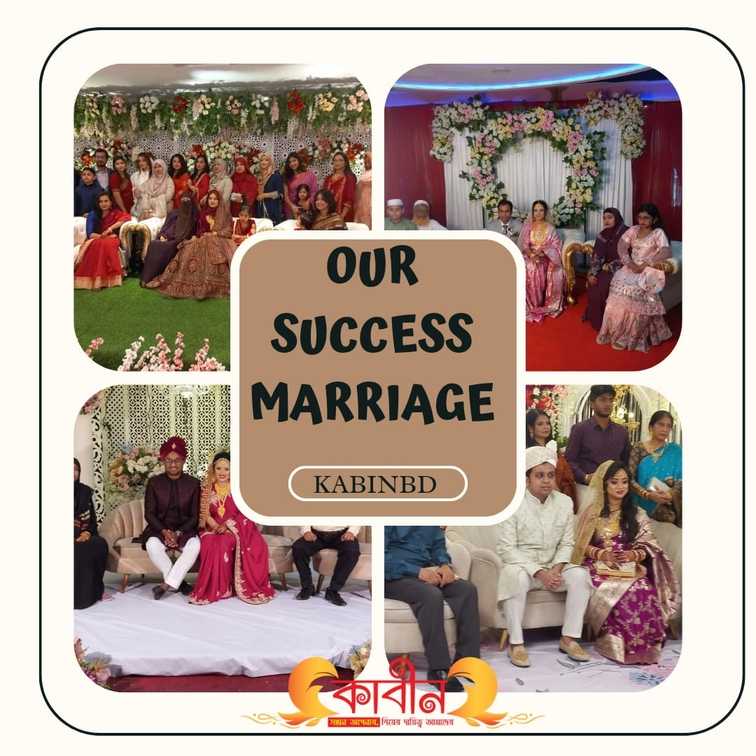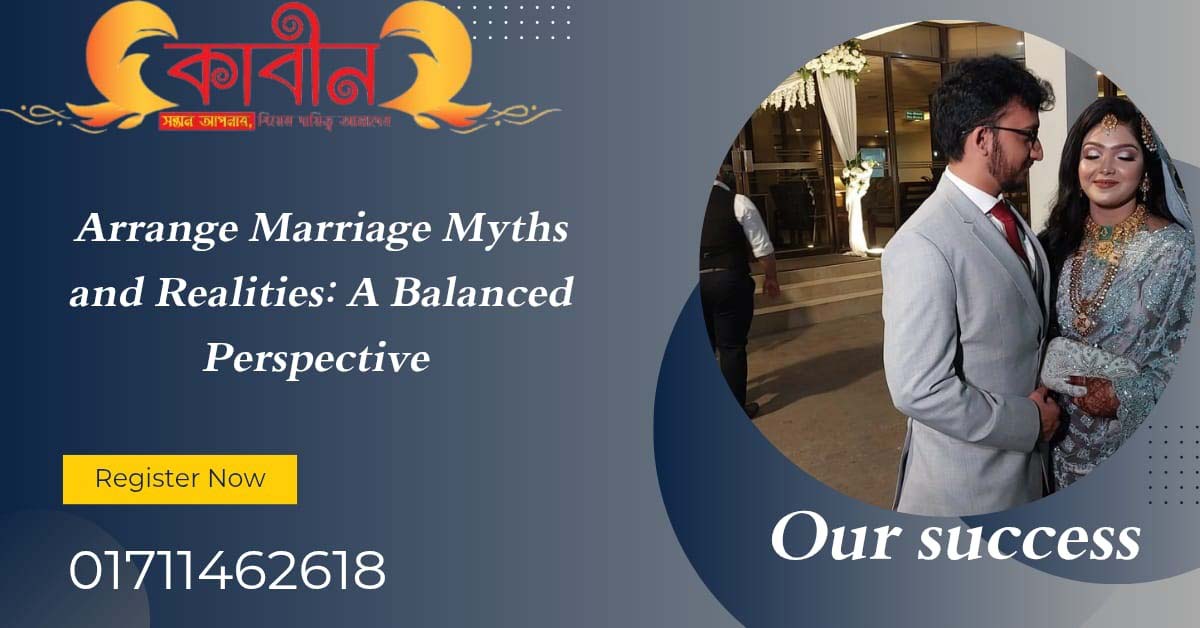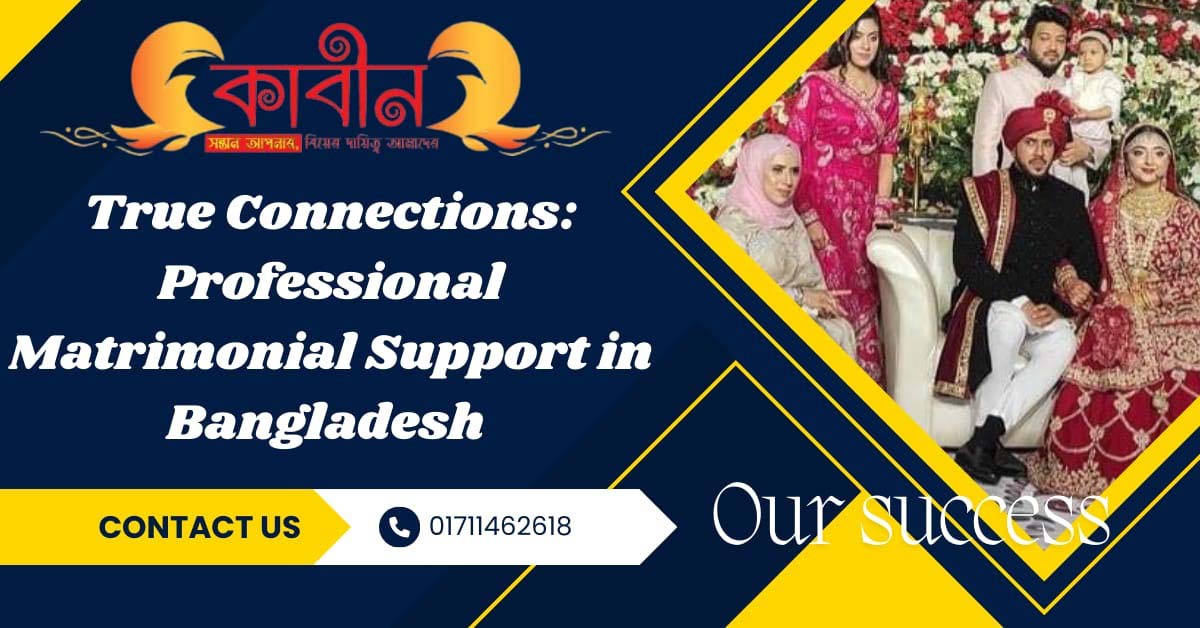How to make a decision in arrange marriage
Navigating the Waters of Arranged Marriage: A Decision-Making Guide
Arranged marriages, while a cultural norm in many societies, can present unique challenges when it comes to making decisions about potential partners. The process, often guided by family or community elders, can be overwhelming. However, with careful consideration and open communication, you can make informed choices that lead to a fulfilling partnership. Arranged marriages have been a long-standing tradition in many cultures around the world. While the concept might seem outdated to some, arranged marriages continue to thrive and have evolved significantly over time. For many, the idea of parents, family, or matchmakers playing a pivotal role in selecting a life partner might seem daunting, but it also offers a structured approach to finding a suitable match. The process of making a decision in an arranged marriage requires a delicate balance of logic, emotions, and cultural values. This guide aims to provide a comprehensive overview of the steps involved in making such a decision.
Understanding the Concept of Arranged Marriages

Before diving into the decision-making process, it’s essential to understand what an arranged marriage entails. Traditionally, arranged marriages were primarily based on factors such as social status, family background, and financial stability. The prospective bride and groom often had little to no say in the matter, with decisions being made by elders who were believed to have the wisdom to make the right choice.
However, the modern approach to arranged marriages has shifted significantly. Today, arranged marriages often involve a collaborative process where the preferences of the individuals are taken into account, and they are given the opportunity to get to know each other before making a decision. This evolution reflects a blend of traditional values with modern sensibilities, offering a unique approach to finding a life partner.
The Importance of Self-Reflection
One of the most crucial steps in making a decision in an arranged marriage is self-reflection. Understanding your own desires, expectations, and values is fundamental before you can make an informed choice about a potential partner.
- Identify Your Core Values: What are the non-negotiables for you in a relationship? These could include factors such as religious beliefs, cultural values, career aspirations, or family dynamics. Understanding your core values will help you assess whether a potential partner aligns with your vision for the future.
- Assess Your Readiness for Marriage: Are you emotionally, mentally, and financially ready to enter into a marriage? It’s essential to be honest with yourself about whether you are prepared for the responsibilities that come with marriage.
- Clarify Your Expectations: What do you expect from your partner and marriage? Whether it’s emotional support, shared responsibilities, or companionship, having clear expectations can guide your decision-making process.
Gathering Information about the Potential Match
Once you have a clear understanding of your own values and expectations, the next step is to gather information about the potential match. This step involves a thorough evaluation of the person’s background, personality, and compatibility.
- Family Background and Values: Understanding the family background and values of the potential match is crucial. While you are marrying an individual, you are also forming a bond with their family. Assess whether their family’s values align with yours and whether you can envision yourself being a part of their family.
- Educational and Career Aspirations: It’s important to consider the educational background and career aspirations of the potential match. Are their aspirations compatible with yours? Do they respect and support your career goals? This aspect is particularly important if both partners are career-oriented.
- Personality and Interests: Take the time to understand the person’s personality and interests. Are they introverted or extroverted? Do they share similar hobbies or interests? While having different interests isn’t necessarily a deal-breaker, it’s important to assess whether you can enjoy each other’s company and respect each other’s preferences.
- Health and Lifestyle: Discuss any health concerns or lifestyle choices that might affect your decision. This could include factors such as diet, exercise, or any chronic health conditions. It’s important to be open and honest about these aspects to avoid any misunderstandings in the future.
- Cultural and Religious Compatibility: In many cultures, religion and cultural practices play a significant role in marriage. Discuss whether your religious beliefs and cultural practices align, and how you plan to navigate any differences. It’s also important to discuss how you will raise your children if you have different religious or cultural backgrounds.
The Importance of Communication
Effective communication is at the heart of any successful marriage, and it’s especially important when making a decision in an arranged marriage. This stage involves having open and honest conversations with the potential match to gauge compatibility and build a connection.
- Discuss Your Future Goals: Have a candid discussion about your future goals and aspirations. This includes career goals, where you want to live, and your views on family and children. It’s important to ensure that you are both on the same page regarding these major life decisions.
- Talk about Finances: Financial compatibility is often overlooked but is a critical aspect of any marriage. Discuss your views on money management, savings, and financial goals. It’s also important to be transparent about any existing debts or financial obligations.
- Explore Communication Styles: Understanding each other’s communication styles can help avoid misunderstandings in the future. Discuss how you handle conflicts, how you prefer to communicate, and how you plan to support each other in difficult times.
- Share Your Past Experiences: While it’s important to focus on the future, sharing your past experiences, including previous relationships, can help build trust and understanding. Being open about your past allows you both to start the relationship on a foundation of honesty.
Involving the Families
In arranged marriages, the families play a significant role in the decision-making process. Their involvement can provide valuable insights and support, but it’s also important to strike a balance between their opinions and your own.
- Seek Your Family’s Opinion: Your family knows you well and might have insights that you hadn’t considered. Discuss your thoughts and feelings with them, and seek their advice. However, remember that the final decision should be yours, as you are the one entering the marriage.
- Meet the Potential Match’s Family: Meeting the family of the potential match can provide additional context about their values, lifestyle, and expectations. Pay attention to how they interact with each other, as it can give you a glimpse into the family dynamics you might be entering.
- Discuss Expectations from Both Families: Clarify the expectations that both families have regarding the marriage. This includes discussions about living arrangements, cultural practices, and family involvement in your future life. Ensuring that both families are on the same page can help prevent conflicts down the road.
Evaluating Emotional Compatibility
Emotional compatibility is a critical factor in any marriage. It’s essential to assess whether you and the potential match can connect on an emotional level, as this will form the foundation of your relationship.
- Assess Emotional Intelligence: Emotional intelligence refers to the ability to understand and manage your own emotions, as well as the emotions of others. A partner with high emotional intelligence is likely to be empathetic, supportive, and understanding, which are essential qualities for a successful marriage.
- Gauge Emotional Support: Marriage involves navigating various life challenges together. Assess whether the potential match is someone you can rely on for emotional support during difficult times. This involves observing how they handle stress, their approach to problem-solving, and their ability to offer comfort and reassurance.
- Discuss Love Languages: Love languages refer to the different ways people express and receive love. These can include words of affirmation, acts of service, receiving gifts, quality time, and physical touch. Understanding each other’s love languages can help strengthen your emotional connection and ensure that you both feel loved and appreciated in the relationship.
Practical Considerations
In addition to emotional and personality factors, there are several practical considerations that you should keep in mind when making a decision in an arranged marriage.
- Living Arrangements: Discuss where you plan to live after marriage. Will you be living with your in-laws, in a separate home, or relocating to a different city or country? It’s important to consider how these living arrangements will impact your career, lifestyle, and relationship dynamics.
- Career and Work-Life Balance: If both partners are working, it’s essential to discuss how you will manage work-life balance. This includes considerations such as household responsibilities, career sacrifices, and support for each other’s professional growth.
- Family Planning: Discuss your views on starting a family, including when you would like to have children and how many. It’s also important to discuss your approach to parenting, including the values you want to instill in your children and how you will share parenting responsibilities.
- Legal and Financial Planning: Consider the legal and financial aspects of marriage, such as prenuptial agreements, joint bank accounts, and property ownership. It’s important to have a clear understanding of these matters to avoid any potential conflicts in the future.
Making the Final Decision
After going through the various stages of evaluation and discussion, it’s time to make the final decision. This decision should be based on a combination of logic, emotions, and intuition.
- Trust Your Instincts: While it’s important to consider all the practical and emotional factors, it’s also essential to trust your instincts. If something doesn’t feel right, take the time to explore those feelings before making a decision.
- Take Your Time: Don’t rush the decision-making process. Take the time you need to evaluate all the factors and have multiple discussions with the potential match. It’s better to take your time and make a well-considered decision than to rush into a marriage that doesn’t feel right.
- Seek Guidance if Needed: If you’re struggling to make a decision, consider seeking guidance from a trusted friend, family member, or counselor. Sometimes, an outside perspective can provide clarity and help you make the right choice.
- Be Prepared for the Outcome: Understand that every decision comes with its own set of challenges and rewards. Be prepared for the outcome, whether it’s a positive one where you move forward with the marriage or a decision to walk away. Both choices require courage and self-awareness.
Making a decision in an arranged marriage is a complex process that involves careful consideration of various factors, including personal values, emotional compatibility, family dynamics, and practical concerns. While the process might seem daunting, it also offers a unique opportunity to approach marriage with a sense of structure and support from your family.
By taking the time to reflect on your own values and expectations, gathering information about the potential match, and engaging in open and honest communication, you can make an informed and confident decision. Ultimately, the goal is to find a partner with whom you can build a strong, loving, and lasting marriage.
Whether you decide to move forward with the arranged marriage or choose to wait for another opportunity, remember that the decision is yours to make. Trust yourself, take your time, and prioritize your happiness and well-being in this important life decision.
Understanding Your Values and Goals
Before diving into the arranged marriage process, it’s crucial to have a clear understanding of your values and goals. Consider the following questions:
- What are your non-negotiable qualities in a partner? Are there specific values, beliefs, or lifestyle preferences that are essential to you?
- What are your long-term goals for your life? Do you envision a family, a career, or a particular lifestyle?
- How important is compatibility in your relationship? Are shared interests and hobbies crucial to you?
Communicating Your Preferences
Open and honest communication with your family is essential in the arranged marriage process. Express your desires and concerns clearly, and be prepared to listen to their perspectives. Consider having a family meeting to discuss your expectations and concerns.
Assessing Compatibility
When meeting potential partners, focus on getting to know them on a personal level. Ask questions about their interests, hobbies, and values. Pay attention to their communication style, their sense of humor, and how they treat others.
- Compatibility of values: Do your values align with theirs?
- Shared interests: Are there common interests or hobbies that you can enjoy together?
- Communication style: Do you feel comfortable communicating openly with them?
- Treatment of others: How do they treat their family and friends?
Balancing Family Expectations and Personal Desires
Arranged marriages often involve family pressure to choose a particular partner. While it’s important to respect your family’s wishes, it’s equally important to prioritize your own happiness. Find a balance between honoring your family’s expectations and making choices that align with your personal desires.
Seeking Professional Guidance
If you’re struggling to make a decision or feeling overwhelmed by the process, consider seeking professional guidance. A therapist or counselor can provide a neutral perspective and help you navigate the emotional complexities of arranged marriage.
Trusting Your Intuition
Ultimately, the decision of whether or not to proceed with an arranged marriage is a personal one. Trust your intuition and your gut feeling. If something doesn’t feel right, don’t be afraid to say no.
Additional Tips for Making Informed Decisions
- Take your time: Don’t rush into a decision. Allow yourself time to get to know potential partners and assess your compatibility.
- Involve trusted friends or family members: Seek advice from people you trust who can offer an objective perspective.
- Be open to compromise: Marriage involves compromise, so be prepared to find common ground with your partner.
- Prioritize your own happiness: Remember that your happiness is the most important factor in a successful marriage.
Making decisions in an arranged marriage can be a complex process. By understanding your values, communicating openly, and considering compatibility, you can make informed choices that lead to a fulfilling and lasting partnership.
আপনি যদি বিয়ের ব্যাপারে সিরিয়াস হয়ে থাকেন তবে
লিংকে ক্লিক করে ফ্রী রেজিষ্ট্রেশন করুন
অথবা বিস্তারিত জানতেঃ
Gmail:kabinbd4@gmail.com
01711462618 এ কল করুন ২৪/৭ সার্ভিস
























